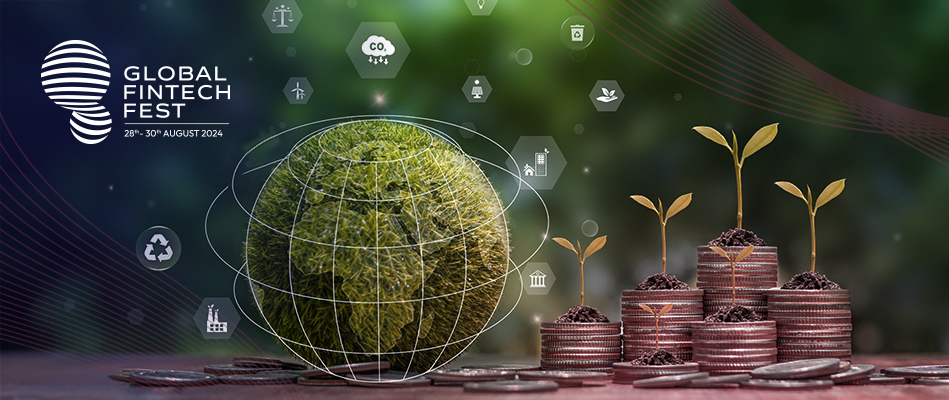
- Mar 22 2025
Fintech: Catalysing a Greener and More Equitable Future
Today, words such as "sustainable finance," "green bonds," and "ESG reporting" are commonplace. Although this may sound impressive to many, most people don't truly understand what these terms mean or how they can be applied in a practical way. By better understanding how fintech is linked with these concepts, it becomes clear about how important they really are.
What is Sustainable Finance
Sustainable finance includes all financial practices that consider environmental and social aspects, as well as good governance in decision-making, and consequently yield long-term economic and social benefits. Broadly speaking, sustainable finance has two components: climate finance, focused on environmental sustainability, and social finance, tied to inclusivity and equality.
Governments and businesses worldwide are beginning to realize the transformational power of sustainable finance. In India, for example, the issuance of the country's first Sovereign Green Bond for almost one billion US dollars underlines our commitment to sustainability. The Reserve Bank of India has furthered transparency through new guidelines for climate risk disclosures while innovative frameworks like the blue bonds promote a sustainable water economy.
The Role of Fintech
Fintech is at the heart of this transition, designing and developing new tools and solutions that strengthen sustainable finance. This is not about mere innovation; rather, the emphasis is on the creation of systems through FinTech-structures that guarantee the protection of privacy, enhanced security, and service delivery to all in an equitable manner.
Key Trends Shaping the Future
Financial Inclusion
Increased financial inclusion one important cog in this wheel goes way beyond mere access to banking services. It means that the financial services provided must be affordable, delivered on time, and with responsibility. Fintech plays a critical role in breaking down barriers, particularly in developing countries. For example, the International Finance Corporation (IFC) has invested in various Indian fintech startups, including Mintifi, to provide seamless financing options to underbanked and underserved people across the globe. Global investments in fintech continue to drive the agenda of financial inclusion at scale, with solutions becoming more accessible and efficient.
Green Fintech Products
Another critical trend is the rise of green fintech products: products that are specifically designed for tackling climate change. This includes, for example, RBI sovereign green bonds. In Africa, IFC works with M-KOPA, a fintech platform that embeds GSM technology into mobile payments to finance solar home systems. This innovative pay-as-you-go model has given the mobile phone a new role in providing renewable energy to off-grid households.
“Over 1 million solar home systems have been sold, avoiding 2 million tons of carbon dioxide emissions. Over 1 million individuals have gotten access to high quality smartphones enabling access to information and earning opportunities online. These fintech innovations bring strong climate impact into everyday life, encouraging people to adopt greener behaviours on a large scale.”
- Allen Forlemu, Regional Industry Director, Financial Institutions Group, Asia and Pacific at GFF 2024
Data: Empowering Better Decision-Making
Another transformative trend is data. Players in fintech for sustainable finance apply data toward increased transparency and accountability. Tools such as IFC's Malina grant investors really in-depth views into the ESG performance of companies. Using this data-driven approach, it helps direct capital to businesses that make measurable impacts in sustainability and social responsibility.
Looking Ahead
As fintech accelerates the transition toward a greener and fairer future, collaboration between fintech companies, traditional financial institutions, governments, and regulators will help to scale innovative solutions for greater positive impact.
By fostering innovation and collaboration, building a financial system that is more inclusive, resilient, and sustainable become possible. This will be an important endeavour toward leading the way to a greener, more equitable future.
Frequently Asked Questions








